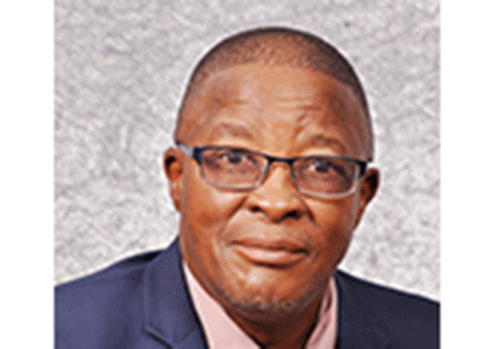Member of Parliament Paul Isaak has moved that local authorities devise mechanisms to give the urban poor and landless free land for housing, and perhaps only charge for land servicing.
During the motion on the need to provide land for the urban poor and landless citizens, Isaak said Namibia is a vast country but ironically with many landless people, both in the urban and rural areas.
“Instead of availing land to the urban poor and landless citizens, for many years the majority of local authorities continued the practise of availing land to developers who would build ridiculously small houses and flats, and sell them for huge profits. This practise is continuing unabated,” he said yesterday.
He mentioned that access to housing, which is basically a roof over the head, is a human right. The Namibian government acknowledges this through the National Housing Policy, which is guiding the work of the National Housing Enterprise (NHE).
Isaak said the perception that the residents of informal settlements are only the poor and unemployed is not true.
“You will find teachers, nurses, police officers and other civil servants who had to resort to stay in the informal sectors because of the high costs of buying houses as well as rentals,” he stressed.
“Urban landlessness and a lack of housing should be put into perspective with Namibia’s ever-increasing population growth and unemployment. According to the World Urbanisation Prospects (2018), Namibia’s urban population growth is expected to surpass the 60% threshold by 2030, and 72% by the year 2050,” Isaak said.
According to him, the failure of the central government and local authorities (municipalities) to avail land free of charge and perhaps only charge for servicing is thus the reason for the current urban land backlog.
“Until we change our approach, the urban poor will continue to be landless, and will never even own the small plots they had cleared for themselves. When you drive through Namibia’s major towns of Keetmanshoop, Mariental, Rehoboth, Okahandja, Grootfontein and many others, the first thing you will see is informal settlements. Windhoek and the towns of Swakopmund and Walvis Bay are no more known for the beautiful buildings, but the rampant informal settlements,” he emphasised.
The Fourth National Development Plan (NDP4) states that Namibia has a housing backlog of about 300 000 units, while the government requires N$76 billion to address this challenge.
-psiririka@nepc.com.na


